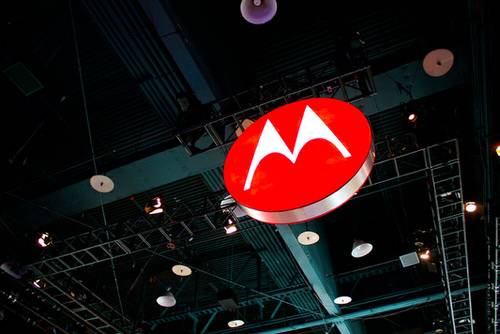
News hit the wire early Thursday morning that Lenovo has finally completed its purchase of Motorola Mobility from Google.
The $2.9 billion acquisition lets the Beijing-based tech company—already a leading PC maker globally—stake its claim in the ground for the mobile market in the western world.
For Motorola, it has been a wild ride. In just a little over a year, it has gone from an ailing tech company bailed out by grand “Android papa” Google, to new Lenovo family member—one that brings plenty to the table for the Chinese tech company.
See also: Motorola’s Droid Turbo Is The Moto X On Power Steroids
We’re Number Three!
Together, Lenovo and Motorola now form the world’s third largest smartphone maker, much to the chagrin of another Chinese tech juggernaut, Xiaomi, which gets bumped down to fourth place.
The deal stands in stark contrast to Microsoft’s purchase of Nokia’s smartphone business, which was about killing off certain business lines (cough, Android) and fully controlling Windows Phone’s leading devices.
Lenovo doesn’t appear to have any such plans. If anything, its eyes are likely focused on ramping up all things Moto, rather than scaling anything down.
In a press statement, Lenovo CEO Yang Yuanqing said that “by building a strong number three and a credible challenger to the top two in smartphones, we will give the market something it has needed: choice, competition and a new spark of innovation.”
Motorola’s (And Lenovo’s) Reversal Of Fortune
Granted, on paper, Motorola’s luck didn’t look all that great. Google bought the company for $12.4 billion earlier this year, and Lenovo picked it up for $2.9 billion—meaning Motorola’s valuation didn’t just fall; it got drop-kicked.
But the Droid maker has been showing new signs of life lately. After a lot of talk about the ex-Google division having one foot in the grave, prompting Google to unload this sickly (and costly) business, it rallied and launched the Moto 360 smartwatch, which has been widely acknowledged as the best Android Wear watch thus far. It also just recently announced its latest—and perhaps beastliest—Droid Turbo smartphone for Verizon.
See also: With The Moto 360 And LG G, The Android Smartwatch Army Is On The March
All in all, it looks like the comeback that the likes of BlackBerry can only dream of. Having the faith and massive wallet of another major tech company could be just what Motorola needs to keep the ball rolling. Meanwhile, Lenovo made off like a bandit, having just bought its way into the U.S. smartphone market. The new owner promises to fully revive the company in the next 18 months, since it expects to sell roughly 100 million devices this year.
Motorola and its 3,500 employees will operate as a wholly-owned subsidiary of its new parent company, and it will stay put in its Chicago headquarters, giving Lenovo another U.S. base. (Lenovo’s Thinkpad laptop acquisition from IBM gave the company a Morrisville, North Carolina office, which has been used as its North American headquarters.) Rick Osterloh will stay on board as president of Motorola Mobility.

















